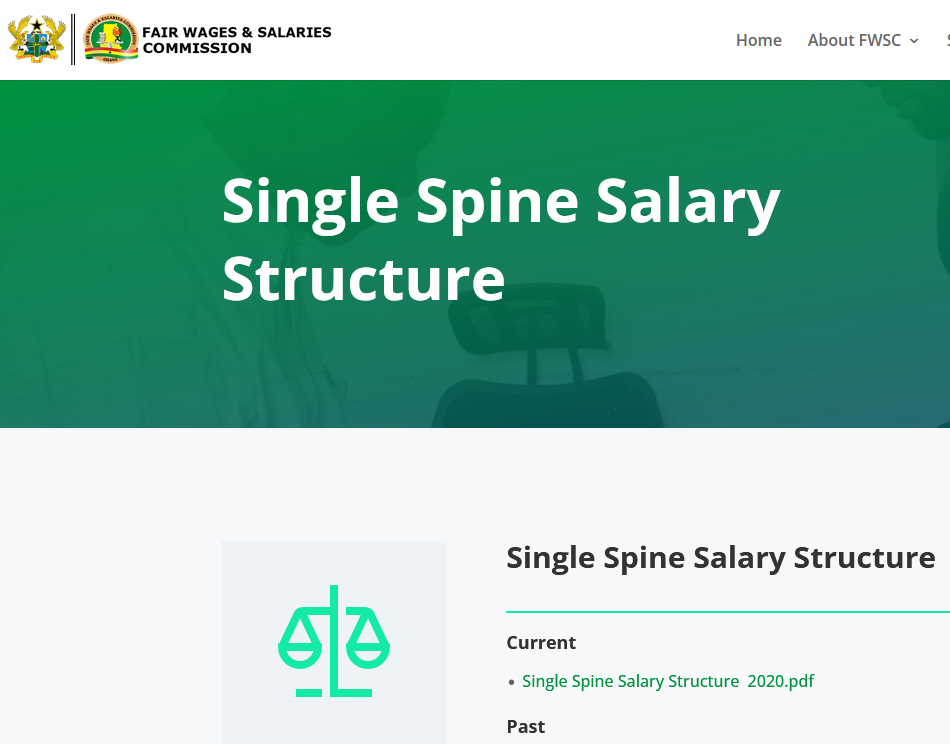Public Sector Salary Disparity: Is It Time to Scrap the Single Spine?
Public sector workers in Ghana face significant salary disparities despite the implementation of the Single Spine Salary Policy (SSPP). The majority, about 80.93%, take home less than GHS 3,000 monthly. This disparity raises questions about the effectiveness of the SSPP and whether it should be scrapped.
Salary Brackets and Allowances
The current system has created a scenario where the lower your salary, the smaller your allowance, and conversely, the higher your salary, the larger your allowance. This system exacerbates income inequality within the public sector.
Impact of the Single Spine Pay Policy
The Secretary-General of the Trades Union Congress (TUC), Dr. Anthony Yaw Baah, has highlighted how the SSPP has worsened pay differentials in the public service. He noted that the policy has distorted the salary structure, leaving some workers with inadequate salaries. For instance, junior officers outside the Single Spine Salary Structure (SSSS) earn more than senior officers on the SSSS.
Disparities in Pay Increments
In 2022, the highest salary on the SSSS was GH¢7,404 per month, while the lowest was GH¢415 per month. Despite modest pay increments for public sector workers on the SSSS, state-owned enterprises (SOEs) awarded themselves significantly higher increases. Some SOE heads earn over three times the salary of the President, despite managing loss-making entities.
Implications for Workers and Pensioners
Dr. Baah emphasized the serious implications of low salaries and pay inequalities for workers and retirees. Many pensioners receive meager pensions, with the lowest monthly pension being GH¢300, compared to the highest of GH¢142,564. This stark contrast highlights the need for a review of the SSPP to address these inequalities.
The Plight of Retirees
The situation for retirees is dire. Nearly 60% of pensioners on the Social Security and National Insurance Trust (SSNIT) payroll receive less than GH¢1,000 per month. Dr. Baah appealed to President Nana Addo Dankwa Akufo-Addo to support retirees short-changed by the implementation of the National Pensions Act, Act 766.
The Need for Reform
With only 15% of Ghanaians aged 60 or older receiving a pension from SSNIT, a significant portion of the elderly population relies on their families or resorts to begging. This situation underscores the urgent need for reforms to ensure fair and adequate compensation for public sector workers and retirees.
Conclusion
The Single Spine Salary Policy has not achieved its intended goals and has instead exacerbated salary disparities in the public sector. It is time to reconsider and reform the policy to ensure fair and equitable compensation for all public sector workers.
What Do You Think?
Do you believe the Single Spine Salary Policy should be scrapped? Share your thoughts on the implications of salary disparities in the public sector and the way forward.
Feel free to share this article and join the conversation on social media. Let’s advocate for a fair and just compensation system for all public sector workers in Ghana.
Join us Telegram
Public Sector Salary Updates WhatsApp Channel
